I didn’t discover The Scarlet Letter until I was in law school. I took great solace in it. I know that when Hawthorne wrote it, many people found it shocking, and that at the time I read it, most of my contemporaries found it to be stuffy and boring. To me, it was precisely what I needed. It was about the conflict between the indivdual and an oppressive society. I liked the way an outcast who is placed on a platform to atone for sin can somehow by virtue of this singling out become more saint-like than the people who judged her.
The following excerpt shows that Hawthorne was less artful in concealing his purpose as a writer than Emily Bronte. This type of writing is not accepted by modern literary editors, but it’s still very effective, and the true reason why the youth of today turn to Japanese manga over the offerings on the New York Times Bestseller list:
“Speak to the woman, my brother,” said Mr. Wilson. “It is of moment to her soul, and therefore, as the worshipful Governor says, momentous to thine own, in whose charge hers is. Exhort her to confess the truth!”
The Reverend Mr. Dimmesdale bent his head, in silent prayer, as it seemed, and then came forward.
“Hester Prynne,” said he, leaning over the balcony, and looking down steadfastly into her eyes, “thou hearest what this good man says, and seest the accountability under which I labor. If thou feelest it to be for thy soul’s peace, and that thy earthly punishment will thereby be made more effectual to salvation, I charge thee to speak out the name of thy fellow-sinner and fellow-sufferer! Be not silent from any mistaken pity and tenderness for him; for, believe me, Hester, though he were to step down from a high place, and stand there beside thee, on thy pedestal of shame, yet better were it so, than to hide a guilty heart through life. What can thy silence do for him, except it tempt him–yea, compel him, as it were–to add hypocrisy to sin? Heaven hath granted thee an open ignominy, that thereby thou mayest work out an open triumph over the evil within thee, and the sorrow without. Take heed how thou deniest to him–who, perchance, hath not the courage to grasp it for himself–the bitter, but wholesome, cup that is now presented to thy lips!”
The young pastor’s voice was tremulously sweet, rich, deep, and broken. The feeling that it so evidently manifested, rather than the direct purport of the words, caused it to vibrate within all hearts, and brought the listeners into one accord of sympathy. Even the poor baby, at Hester’s bosom, was affected by the same influence; for it directed its hitherto vacant gaze towards Mr. Dimmesdale, and held up its little arms, with a half pleased, half plaintive murmur. So powerful seemed theminister’s appeal,that the people could not believe but that Hester Prynne would speak out the guilty name; or else that the guilty one himself, in whatever high or lowly place he stood, would be drawn forth by an inward and inevitable necessity, and compelled to ascend the scaffold.
Hester shook her head.
“Woman, transgress not beyond the limits of Heaven’s mercy!” cried the Reverend Mr. Wilson, more harshly than before. “That little babe hath been gifted with a voice, to second and confirm the counsel which thou hast heard. Speak out the name! That, and thy repentance, may avail to take the scarlet letter off thy breast.”
“Never!” replied Hester Prynne, looking, not at Mr. Wilson, but into the deep and troubled eyes of the younger clergyman. “It is too deeply branded. Ye cannot take it off. And would that I might endure his agony, as well as mine!”
“Speak, woman!” said another voice, coldly and sternly, proceeding from the crowd about the scaffold. “Speak; and give your child a father!”
“I will not speak!” answered Hester, turning pale as death, but responding to this voice, which she too surely recognized. “And my child must seek a heavenly Father; she shall never know an earthly one!”
“She will not speak!” murmured Mr. Dimmesdale, who, leaning over the balcony, with his hand upon his heart, had awaited the result of his appeal. He now drew back, with a long respiration. “Wondrous strength and generosity of a woman’s heart! She will not speak!”
 When things get very polarized, the two sides of the coin — the two polarities — seem to need each other so much. Where would Republicans be without Democrats? Where would Antifa be without the KKK? Where would anybody be whose very existence is based on the intolerance of the other side?
When things get very polarized, the two sides of the coin — the two polarities — seem to need each other so much. Where would Republicans be without Democrats? Where would Antifa be without the KKK? Where would anybody be whose very existence is based on the intolerance of the other side?












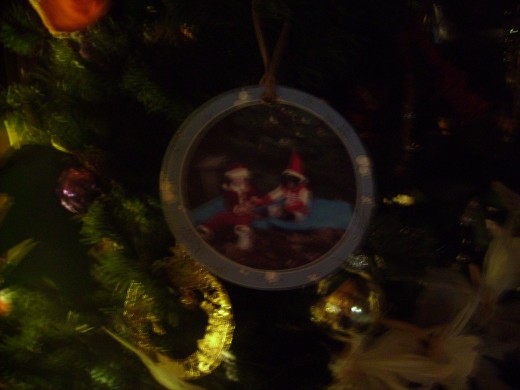


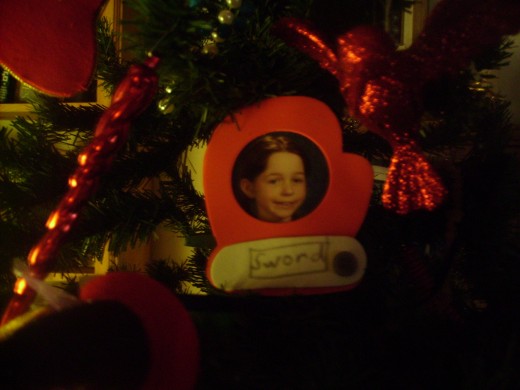


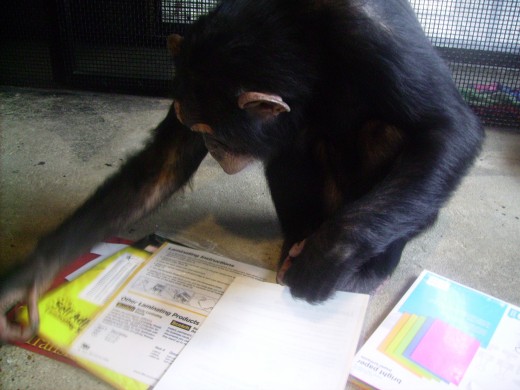










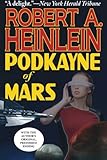

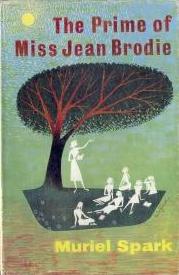
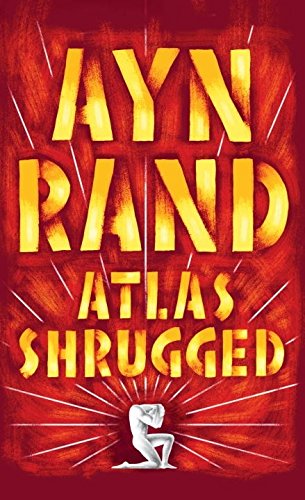















COMMENTS
Aya Katz
6 years ago from The Ozarks
Thanks, SweetiePie! I can’t believe how fast time passes, and these ornaments do remind me of that.
SweetiePie
6 years ago from Southern California, USA
I enjoyed seeing all the ornaments your family made over the years.
Aya Katz
8 years ago from The Ozarks
Thanks, SteveoMc! I think this is a craft anyone can do. The results are really nice, but it doesn’t require any special skills.
SteveoMc
8 years ago from Pacific NorthWest
Love the ideas, I will try some of them out and see how it works, I am a klutz when it comes to crafts, but I might be able to do this one.
Aya Katz
8 years ago from The Ozarks
Thanks, Kind Regards! I like that newer photo of Sword, too. It was too small to do much else with, though, than turn it into a keepsake ornament. Sometimes it’s the small things that help us get into the holiday mood.
Kind Regards
8 years ago from Missouri Ozarks – Table Rock Lake
Aya Katz, It’s so nice to see these photos. In her most recent picture, Sword reminds me of my best friend from high school’s daughter. They’re in that same age group. You’ve made a very homey and personalized holiday for your family. Kind Regards